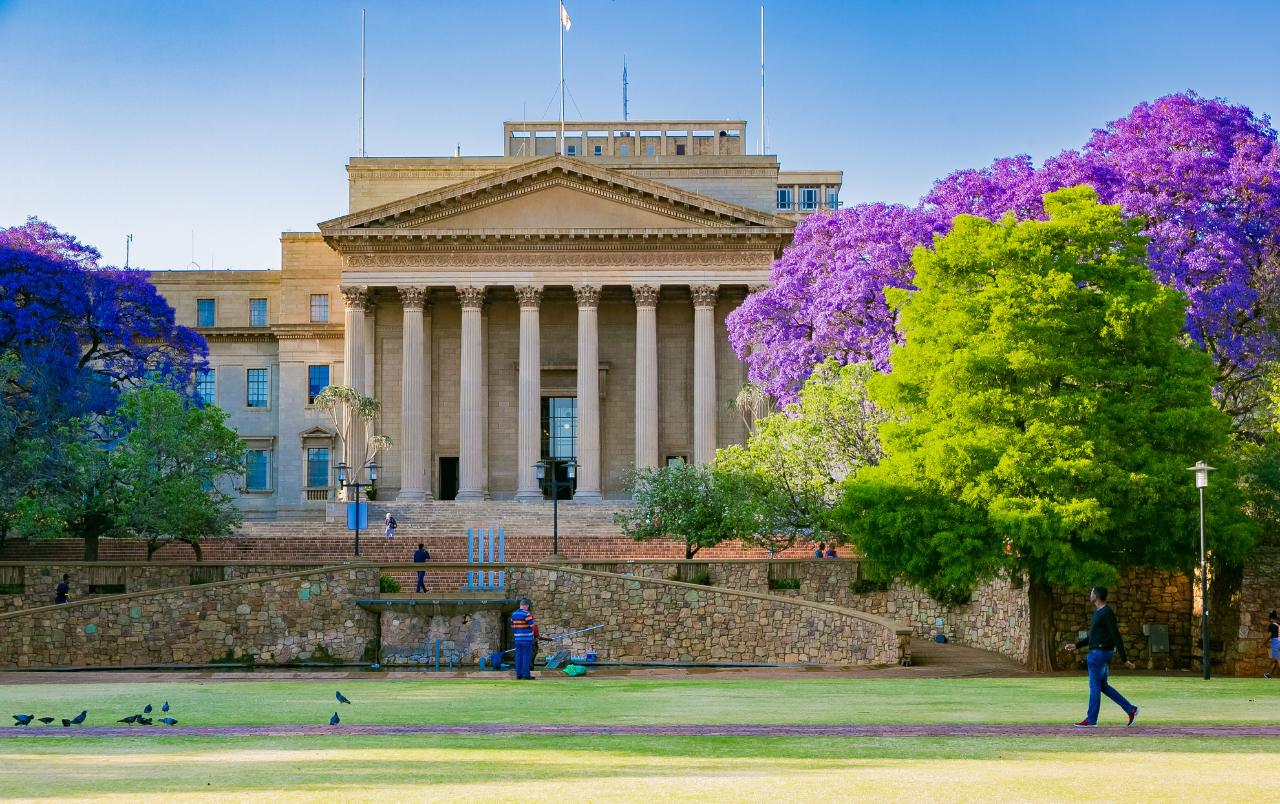I want to share two stories from my work in Papua New Guinea (PNG) and Timor-Leste. The first story from…
[This story is part of our collection on transforming research collaboration. It highlights efforts and challenges in reimagining partnerships for greater equity, with a focus on strengthening Southern-led approaches to research.]
There is growing interest in expanding the number of PhD graduates in Africa to enhance research capacity and strengthen national and regional innovation. The African Union, for example, has recommended that African universities produce 100,000 PhD graduates by 2033 to generate research needed for development across the continent. In the same vein, the African Research Universities Alliance (ARUA), a network of African public universities committed to enhancing high-quality research in Africa, calls for African universities to increase the proportion of PhD holders among academic staff from the current 45% to a minimum of 75% over 10 years. This is paired with an increase in calls for a rise in funding directed to postgraduate education across the continent.
Within this landscape, the Wits-Edinburgh Sustainable African Futures (WESAF) Doctoral Programme, a pilot programme led by the University of the Witwatersrand (South Africa) and the University of Edinburgh (United Kingdom) in partnership with the Mastercard Foundation, was launched in September 2023 to recruit an initial cohort of 50 fellows from faculties across 14 African higher education institutions (HEIs) located in 10 sub-Saharan African countries to complete sustainability-focused doctoral studies. Universities were selected from across the continent ensuring that Francophone and Arabophone institutions were represented. In keeping with the Mastercard Foundation’s commitment to diversity, WESAF’s recruitment strategy was specifically designed to encourage applications from those who identify as women, as women currently make up less than a quarter of the teaching staff in HEIs throughout sub-Saharan Africa. The programme had a relatively niche eligibility criterion, requiring applicants to either be employed by a partnering HEI or demonstrate assurance of future employment therein. Although targeting this institutional need, doing so nonetheless minimised the pool of eligible candidates.
As external doctoral training programmes can potentially drain African institutions when candidates leave to study, the WESAF Doctoral Programme was designed as an online degree, allowing fellows to continue their duties at their institutions while receiving funding for workload buyouts to commit to their studies. While the model appears sound in principle, in practice we have faced a set of challenges, starting with a lower number of applications than initially expected, especially from Francophone and Arabophone HEIs. We must, therefore, reflect on how and why this occurred.
Recruitment outcomes speak to operational challenges within the recruitment process itself but also reflect deeper structural misperceptions within the donor landscape about the African HEI sector. The goal of producing more PhD graduates for African HEIs requires greater awareness of the politics and pragmatics of recruitment. Indeed, there are often explicit tensions between donor requirements, institutional priorities around enhancing diversity, application timelines, and the quality of institutional partnerships.
For example, while linguistic diversity is an important pursuit in any recruitment drive, in practice, applications are almost always required to be submitted in English. This is relevant to the WESAF Doctoral Programme, as participants had to demonstrate that they passed English language requirements to be eligible for the programme. Applicants from Francophone and Arabophone countries experienced difficulties communicating in English and may have contributed to fewer applications from non-Anglophone countries at the onset, which was further compounded by the language assessment requirements. The refrain that English is the lingua franca of the global academy is an insufficient justification for this discrepancy, especially if the express aim of developing doctoral research capacity in Africa is to fundamentally challenge the epistemic monopoly of empire, or dominant Western knowledge systems and frameworks, in the global higher education sector. In addition, the recruitment process also raised important questions at the institutional level around the perceived shared enthusiasm for doctoral education, which we found varies across regions, institutions, and donors.
The assumptions underlying our operational approach undoubtedly shaped the selection outcomes. These included a very short runway for applications and the expectation that our familiarity with partner HEIs would naturally yield a high volume of applications. Vastly distributed, open calls were not successful, and leveraging personal contacts at several HEIs ensured that information about the programme was disseminated through appropriate networks but could easily have missed potential applicants. Further, the strength of these contacts varied widely by institution, and our messaging was perhaps not powerful enough to permeate the various targeted tiers of academics at partner universities.
The inspiring goal of growing the number of PhD graduates in Africa in the next decade tempt programmes to focus on the numerical data being generated in doctoral recruitment efforts. Yet, as we have discussed here, this agenda requires consideration of not just how many African scholars are studying towards doctoral degrees but also the question of who is receiving them (or not). We must be conscious of how recruitment efforts for African doctoral programmes potentially perpetuate patterns of exclusion that punctuate university coloniality, that is, the ways in which universities perpetuate colonial structures of power, privilege, and knowledge systems. Greater alignment to continental, regional and national needs and aspirations could better serve the disruption of the epistemic status quo of global higher education, rooted in Western systems of knowledge production and validation, and in turn yield recruitment strategies geared to advance progressive philanthropic goals.
[Explore other stories from our collection on transforming research collaboration and engage with ideas envisioning a more equitable future for research. ]


